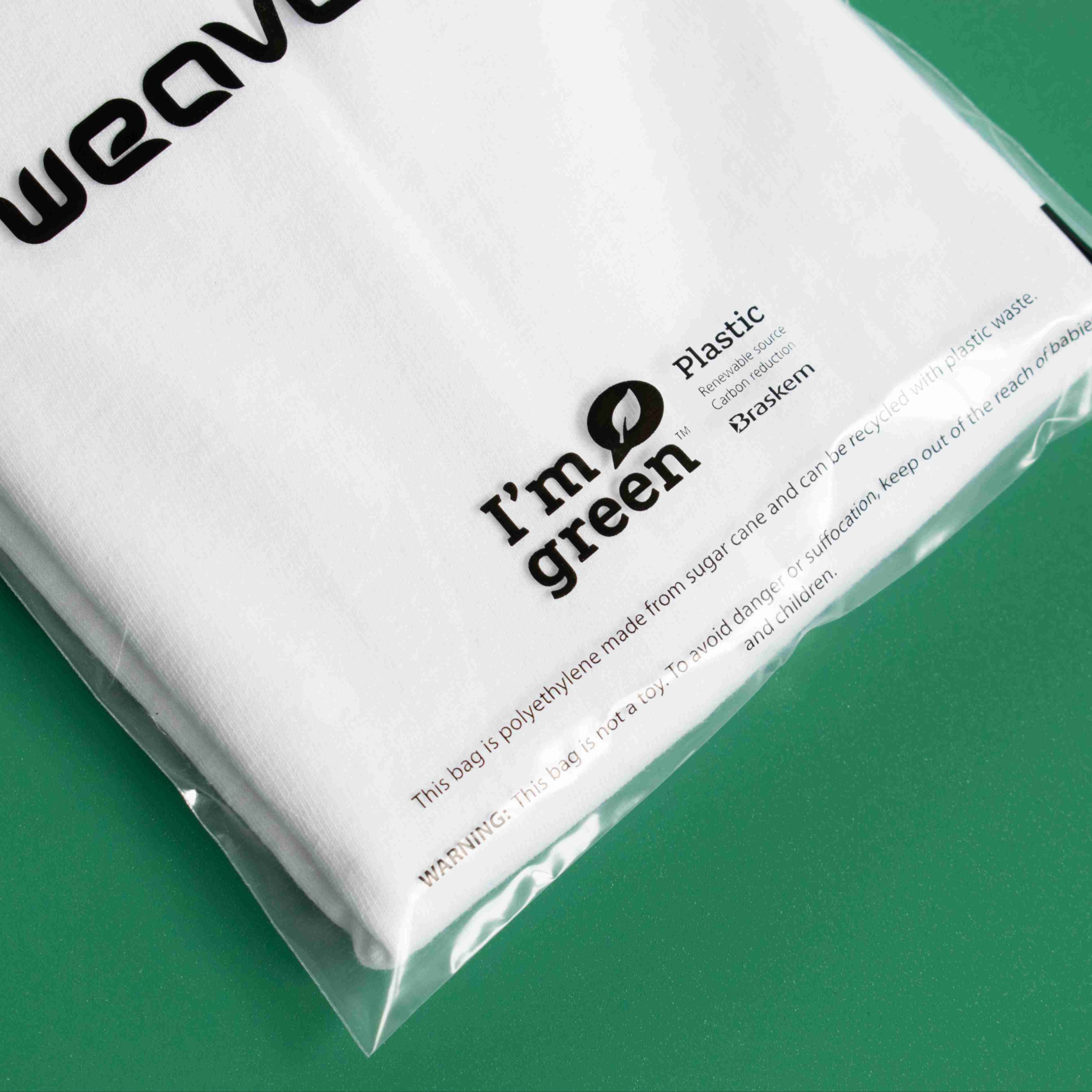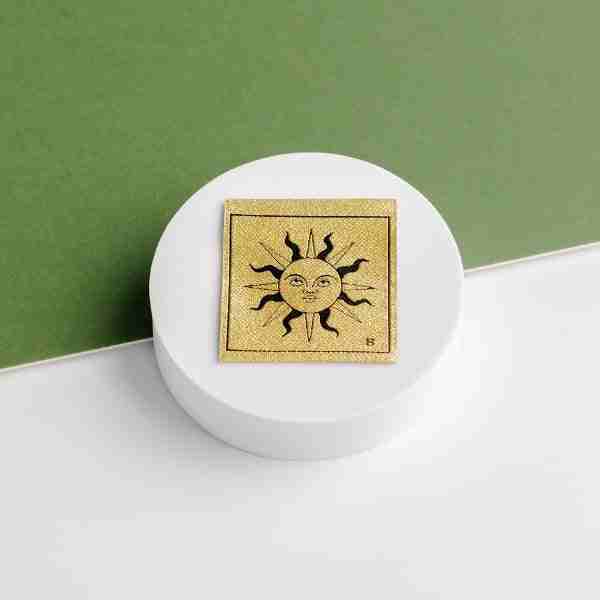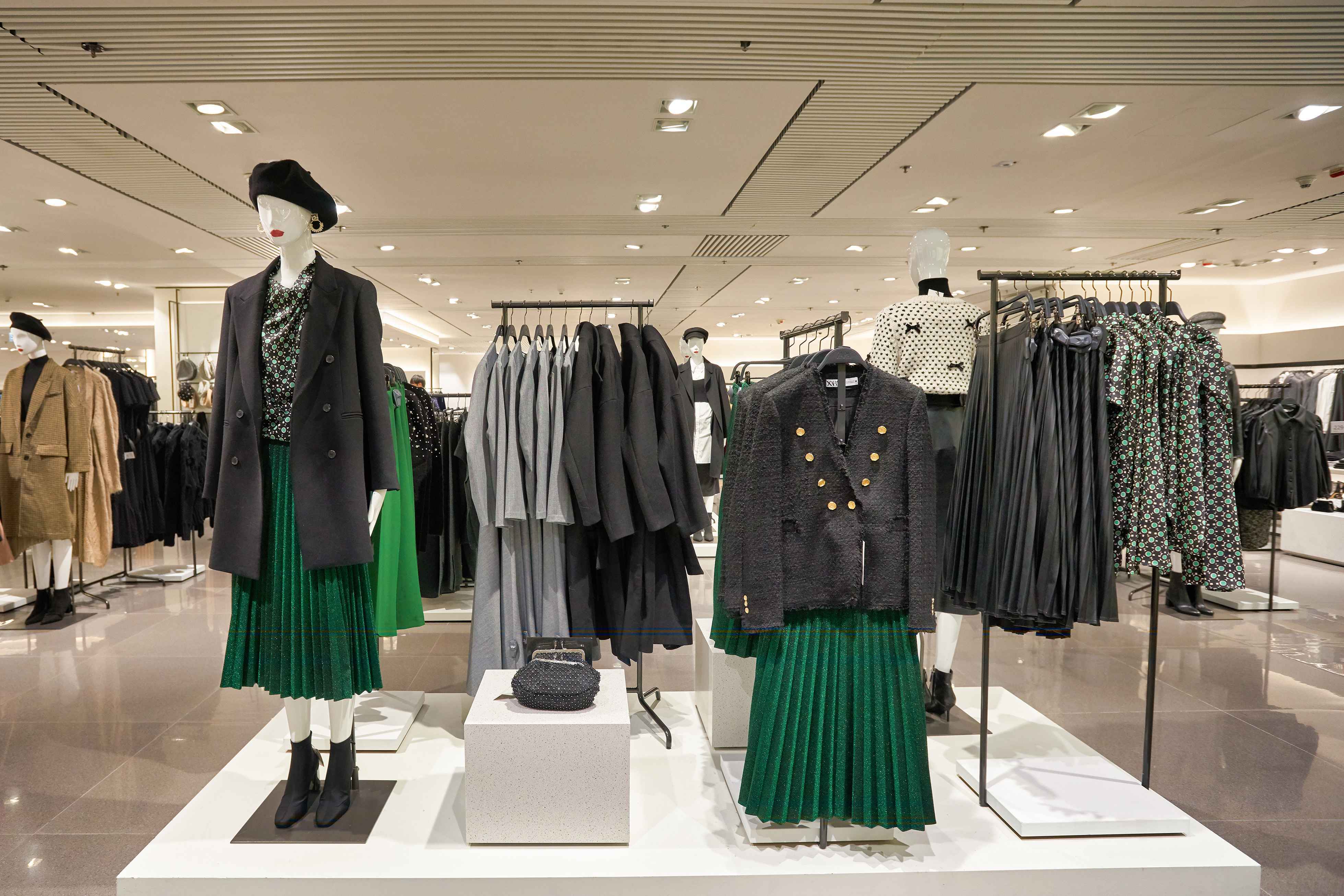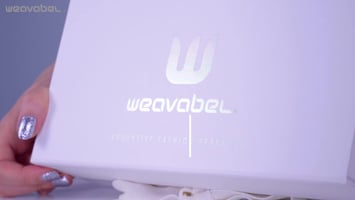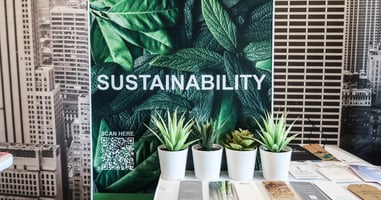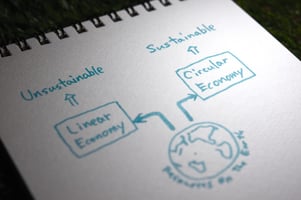Vegan fashion: Leading the charge towards sustainability in 2025
With Veganuary now behind us, let's maximise the momentum behind vegan fashion with plant-based trims, packaging and upcycled materials.
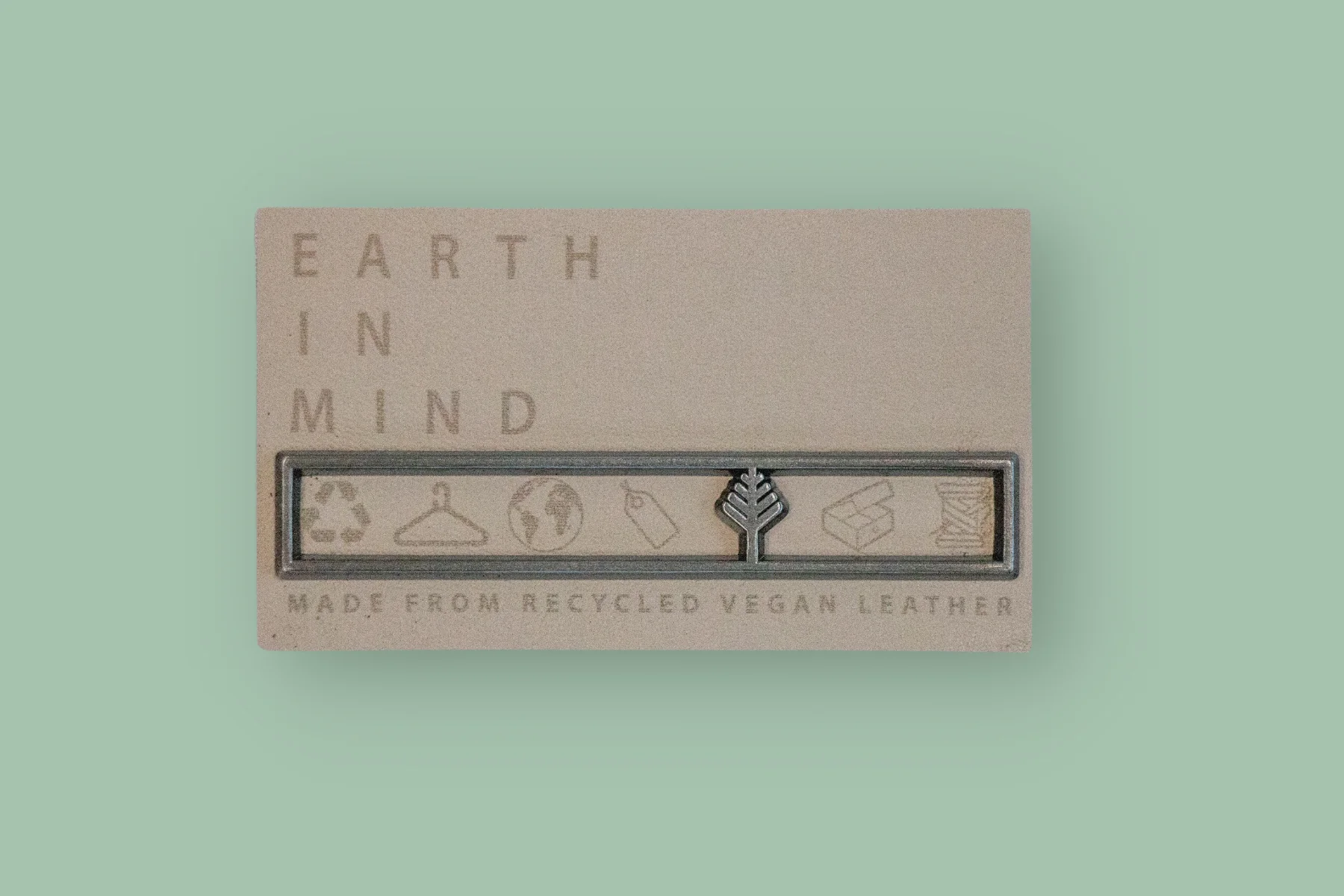
As we reflect on Veganuary, it's now time to take action. Your brand has a golden opportunity to take a stand for sustainability and ethical fashion.
You could argue that vegan fashion is no longer a niche concept — it’s a growing movement reshaping the industry. From plant-based materials to innovative upcycling, the trends for 2025 showcase the incredible potential of cruelty-free and environmentally friendly practices.
For brands, adopting vegan fashion isn’t just a nod to changing consumer preferences but also a commitment to a more sustainable future.
Why vegan fashion matters
The shift towards vegan fashion stems from increasing awareness of the environmental and ethical implications of traditional materials. Animal-derived products such as leather, silk and wool often involve harmful processes contributing to deforestation, water pollution and greenhouse gas emissions.
Additionally, the ethical concerns around animal welfare also make vegan alternatives a more compassionate and considerate choice.
By embracing vegan fashion, your brand can:
- Reduce your carbon footprint.
- Align with growing consumer demand for ethical products.
- Differentiate yourselves in a competitive market.
- Build trust and loyalty with environmentally-conscious consumers.
Veganuary, the movement encouraging people to adopt a vegan lifestyle for January, is now behind us. So, it's time to carry on the momentum from this month of increased awareness to spotlight your brand’s commitment to these values.
Key trends in vegan fashion for 2025
Plant-based packaging
Sustainability goes beyond fabrics and trims. Packaging plays a crucial role in a brand’s eco-credentials. Innovations like:
- Mycelium packaging: Derived from fungi, this material is biodegradable, durable and completely animal-free.
- Bamboo-based packaging: Lightweight and sturdy, bamboo decomposes naturally, making it a strong, eco-friendly alternative to traditional plastics.
- Corn starch plastics: These are made from the natural, organic polymer that comes from corn kernels.
Adopting plant-based packaging makes it easier for your brand to align your entire supply chain with future-proof sustainability principles.
Vegan leather alternatives
Leather has long been a staple in fashion, but its environmental cost is immense. The solution? Vegan leather alternatives that aren't only cruelty-free but also resource-efficient:
- Apple leather: Made from apple waste, this innovative material is gaining traction in trims and accessories.
- Mushroom leather (mycelium): Offering a soft yet durable texture, making it perfect for labels, footwear and bags.
- Cactus leather: Water-efficient and stylish, cactus leather is ideal for crafting premium products.
These materials are vegan proof that luxury and sustainability can go hand in hand.
Cruelty-free dyes
Traditional dyeing processes often rely on toxic chemicals and animal-derived ingredients. Vegan-certified dyes offer a sustainable and ethical alternative, including:
- Plant-based dyes: Made from natural sources like turmeric, indigo and beetroot, they provide vibrant hues without compromising sustainability.
- Non-toxic synthetics: Engineered for safety and environmental compatibility, these dyes are gaining widespread acceptance.
Incorporating these dyes into your supply chain (especially for fabrics and labels) ensures a vegan-inspired final product that meets consumer expectations and hits your sustainability goals.
Upcycled vegan materials
Upcycling is revolutionising how we view waste in fashion. By repurposing materials like pineapple leaves and coffee grounds, brands can create durable and stylish trims, labels and accessories. A couple of notable examples you might have include:
- Piñatex: A leather alternative made from pineapple leaf fibres.
- Coffee-based fabrics: Lightweight and odour-resistant, coffee grounds are now being used to craft innovative textiles.
These upcycled materials minimise waste and embody the essence of vegan fashion. That means ethical, sustainable and innovative materials that add sustainable value throughout your supply chain.
The business case for vegan fashion
Investing in vegan fashion isn’t just an ethical decision, but it’s a smart business move. According to recent market trends:
- The global vegan fashion market is projected to grow by over 14% annually, reaching billions in value by 2030.
- Millennials and Gen Z (who are said to prioritise sustainability) make up the largest segment of the consumer base.
By adopting vegan materials in trims, packaging and collections, your brand can:
- Appeal to a broader audience.
- Enhance your sustainability metrics.
- Gain a competitive edge in an increasingly eco-conscious market.
How Weavabel supports vegan fashion
At Weavabel, we understand the challenges brands face in transitioning to vegan fashion. That’s why we offer:
Vegan trims and labels
From cruelty-free leather alternatives to plant-based fabrics, our products are designed to meet your ethical goals.
Sustainable packaging solutions
We provide eco-friendly options that reduce waste and align with vegan principles.
Custom branding support
Showcase your commitment to sustainability with bespoke trims and packaging tailored to your brand identity. Our expertise ensures your products reflect your values without compromising quality or aesthetics.
Treat Veganuary as your brand’s sustainability milestone
Now Veganuary is over, there's no better time to take a step towards a more sustainable and ethical future and set yourself up for success in 2025. So, if you feel like you've missed the boat with all of this, don't worry! There's never a bad time to explore vegan fashion's opportunities to innovate and align with consumer values while making a lasting impact.
Whether it’s adopting plant-based packaging or exploring vegan trims and accessories, every step counts in building a more compassionate and eco-friendly brand.
Ready to transform your collections with vegan fashion?
Contact Weavabel today to explore our range of sustainable and vegan materials and let’s create something extraordinary together. Also, why not check out our new sustainable vegan range?
Weavabel's Evrwilde Collection is the next step in our sustainable revolution for trims and branding, featuring:
- Hemp tickets made with Gmund Hanf paper
- Desserto cactus leather patches
- Linen labels with tonal textured weaves
- Cotton and natural rubber elastic tapes
Crafted with innovation and sustainability in mind, the Evrwilde Collection offers eco-friendly solutions to elevate your brand while protecting the planet.

